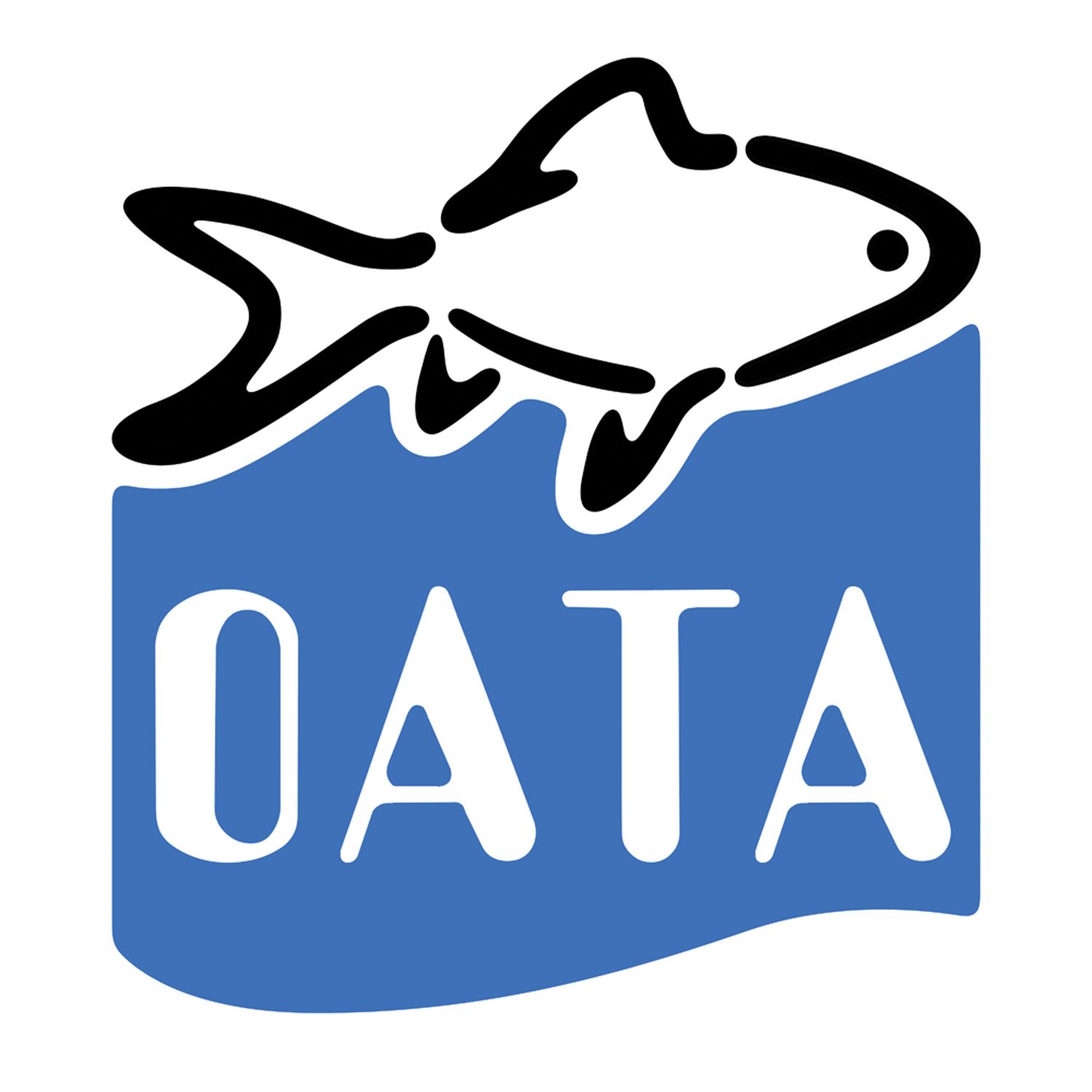
A YEAR IN REVIEW
Annual Report 2022/23
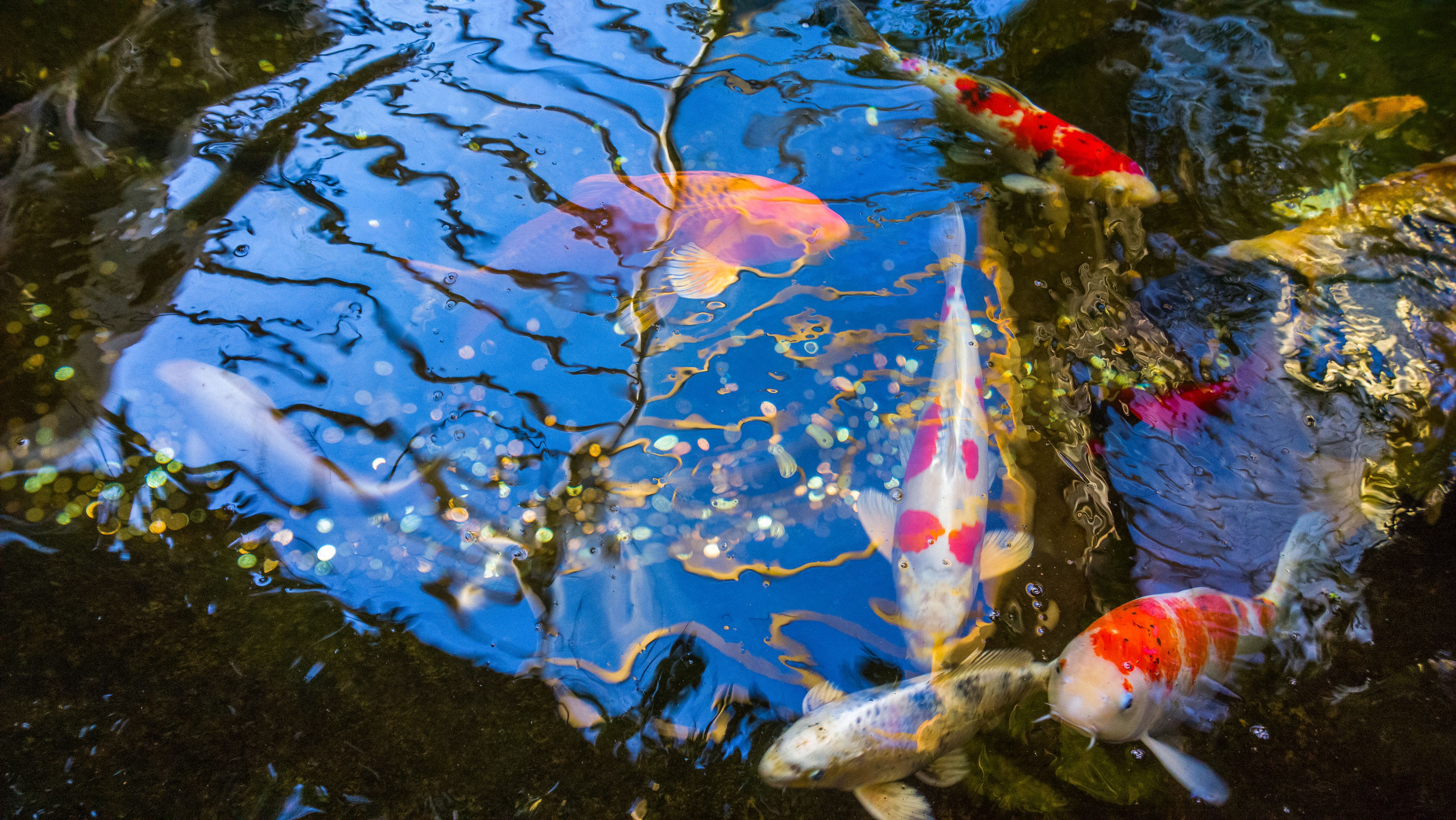
From our Chief Executive
2022 saw OATA at end another Convention of the Parties for CITES where governments gather to decide the trade status of wild flora and fauna. I’ve been to many of these meetings, previously in my role at the Department of Environment, Food and Rural Affairs (Defra), and also latterly as OATA’s Chief Executive. But this year I was definitely left with a sour taste.
It’s not the first time I’ve felt science and data take a back seat to the power of rhetoric – and cuddly toys. But this year some of the behaviour I witnessed crossed a line that left me with a growing sense that CITES is becoming increasingly aligned with a philosophy which sees restricting or preventing trade as the right path, rather than a mechanism to enable people and wildlife to co-exist through ensuring a sustainable trade in wildlife.
Sadly, this is not new and it seems to be getting worse. There appears to be a general, societal shift away from using science and data as the bedrock on which to make decisions. Populist notions are increasingly holding sway and unfortunately we are seeing a willingness from UK government administrations to create poorly conceived legislation that ignores or has no good basis in the science, consequently risking environmental harm. Current examples include the ban on hunting trophies and ivory. On the face of it these campaigns may seem worthy of support, but good legislation, legislation that works well in the real world, rarely comes from dogmatic bans. Just look at the Dangerous Dogs Act. Twenty years later it has still not solved the issue of dog attacks which continue to hit the headlines. This kind of vote chasing doesn’t result in workable or effective legislation.
For our industry the calls to curtail the trade in all wildlife is a threat to the future of the aquatics industry. Since the Covid-19 pandemic, calls to completely ban livestock trade have grown and more effort is being put into campaigns to place restrictions on the animals that can be kept as pets. It seems UK administrations are open to giving consideration to these campaigns, for example around positive lists. Just recently, the Scottish Animal Welfare Commission has given its backing to this idea of restricting the types of animals we can keep as pets.
Our job as a trade association is try to tackle these issues for the industry. We’re here to watch the landscape you operate in to identify and engage on the issues that can unnecessarily hinder how you do business. That’s not about blindly opposing everything. We all have a responsibility to operate to high standards, particularly around animal welfare. But while you focus on your day job, our day job is to speak up for this industry which we know is packed with people with a real passion for fish and who work hard to help customers create beautiful and successful home aquariums and ponds. Our job is to build our case using compelling evidence and data and find ways to tell that story. You’ll find more about how we are doing that in this annual report.
Dominic Whitmee




From our Scientific & Technical Adviser
In the face of the increasing amounts of rhetoric about exotic pets and wild caught animals that our industry faces it becomes ever more important to make sure businesses operate to high standards and to show there is good evidence to demonstrate how the industry and hobby benefits society and conservation around the world.
Over the past year, OATA has invested a great deal of time reviewing all our advice and guidance for the industry and customers. This includes our suite of customer care information, revising and updating our advice with help from aquatic specialists and vets. And we have added to the range – we now have more than 60 free care sheets that businesses can download to share with customers. We believe this is the widest range of species-specific customer care information within the pet industry.
We’ve revamped our transport code and biosecurity advice, including a new biosecurity risk assessment tool to help retailers, wholesalers, importers and pond and aquarium consultants understand the areas they need to pay attention to within their business. This has been a major piece of work but important to help businesses operate to high standards. All of these are available on our website and we would urge businesses to take advantage of these free resources and share what you do with your customers because it will give them confidence in the quality of the service you provide.
We know there are good stories to tell about the benefits, not just of having a home aquarium, but also to the fisher communities in often remote parts of the world who rely on providing wild caught fish, coral and invertebrates for the trade. While this is only a small part of the industry, it is nevertheless an important part and it is the issue that gets significant attention from the anti-wildlife trade lobby.
To bolster our evidence base, this year we joined forces with Cefas and Mars to support doctorate studies with two universities which will produce studies on sustainable catch and conservation benefits of wild caught fish. This builds on the case we made in our Wild Caught Ornamental Fish: the trade, the benefits, the facts report, which is now more than eight years old. If we don’t continue to highlight these benefits then these stories will get lost in the noise from well-funded organisations who want to stop wildlife trade, without ever offering alternative livelihood ideas to the communities who rely on them or considering the potential negative impacts on biodiversity
Basing our activities on a robust and demonstrable evidence base is essential to back up the arguments we make to both international and national policy-makers. It shows we are an organisation that can be trusted and that if they engage with us in decision-making we will help them to achieve and deliver the best outcomes around their issues, whether that’s improving animal welfare among pets or preventing the spread of non-native invasive species.
While other deep-pocketed organisations can rely on high-profile PR stunts, we continue to base our output on the best evidence available. It can be time-consuming and sometimes difficult to achieve, but research and good quality data must always be the bedrock of our work.
Dr Matthew Bond
Key facts about the UK ornamental aquatics industry
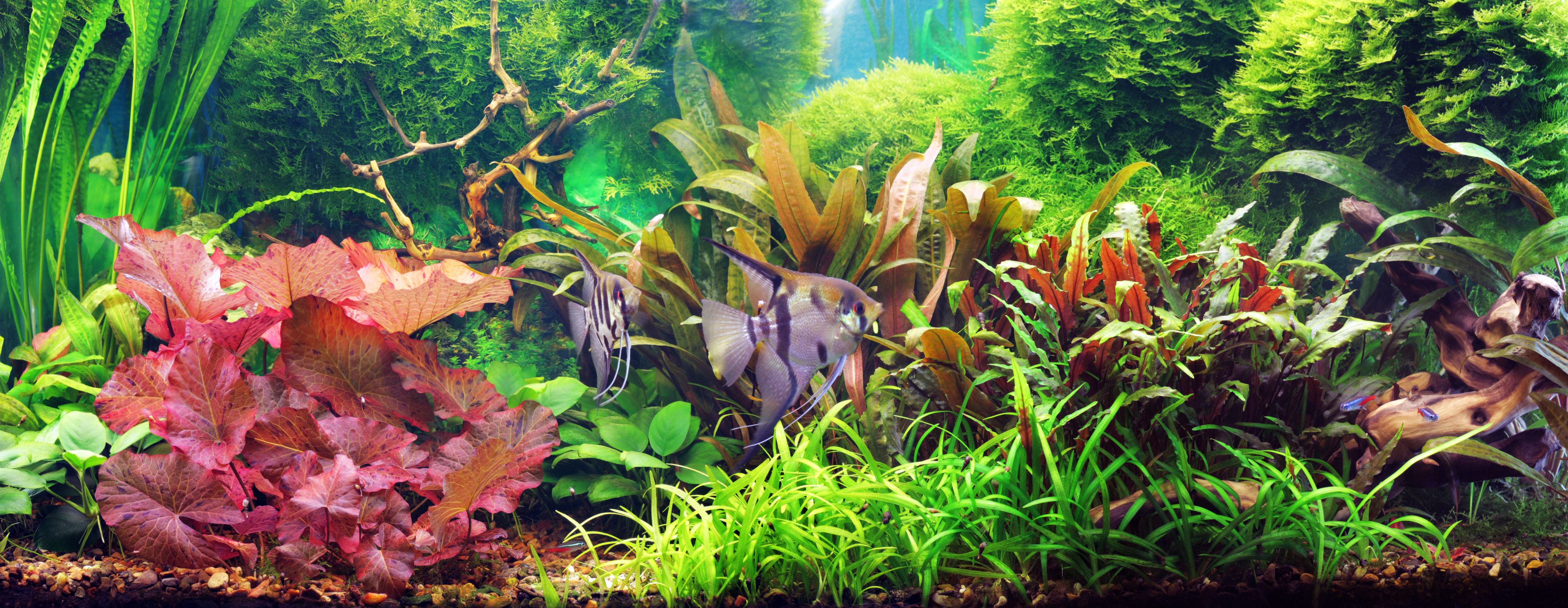
Including online sales, we estimate fishkeepers spend more than £660 million on their hobby which generates £133 million in VAT alone.
For every kilo of live fish sold for home aquariums/ponds it generates £155 of fish sales, nearly £375 in dry good sales (eg tanks, fish food) and £56 of sales in plants.
That makes the value of the aquatic pet trade worth £1 billion, generating nearly £217 million in VAT.
There are also around 12,000 people employed in the sector.
Around 24 million fish were imported into the UK and just 2.9 million were collected from the wild.
The majority of fish come from Singapore.
The imported weight of live fish is around 895,000 kilograms, with the vast majority being freshwater (82%).
Setting standards for the industry
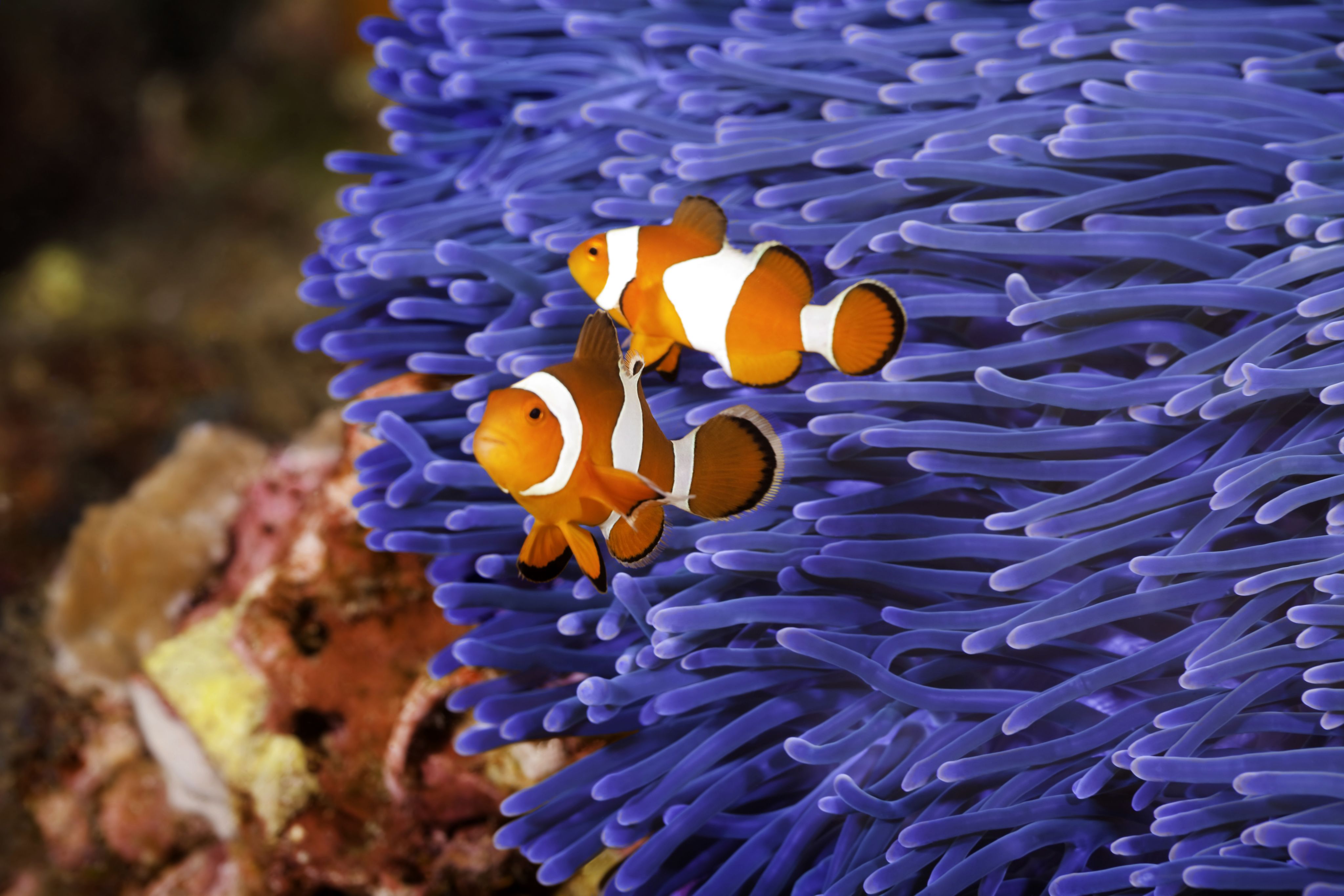
What we did this year
Parliamentary launch
We launched a revamped package of customer care information and business guidance for the ornamental aquatics industry at a special event at the Houses of Parliament in October 2022. We took the opportunity to showcase our updated and expanded range of free customer care sheets and ‘how to’ guides during an event focused on the work of the Companion Animal Sector Council (CASC) of which we are a member. The event was organised to show off what CASC members do to promote animal welfare and promote the new Pet Know How website. We now have around 70 free customer focused leaflets, the largest selection in the pet industry. Alongside expanding and improving our customer facing literature, we have also reviewed guidance for aquatic businesses, including our transport code and water quality criteria.
Inspector training
Following changes to pet shop licensing, which introduced mandatory standards across the UK, it remains obvious that inspectors need much more training and support to help improve consistency in licensing inspections and ensure a level playing field for businesses. We know that around three quarters of pet shops that sell animals sell fish, so training inspectors on what to look for when inspecting aquatic businesses is important. We launched a practical training course for local authority inspectors in July 2023 which offers them practical skills on water testing shop tanks and gives them a good understanding of how to implement inspection guidance within a shop setting.
Instant biosecurity advice
During May’s Invasive Species Week 2023 we launched a new risk assessment tool and guide to help businesses improve their biosecurity. The guide was updated to reflect changing standards, with information on how to look at ways to stop the spread of disease and invasive species within businesses.
Accompanying the guide was a simple-to-use Risk Assessment Tool that enables businesses to examine their approach to biosecurity and get instant feedback on the areas that would benefit improvement, which the new document could then help them to achieve. Both are free on our website.
Pet Know How
We continue to support The Pet Charity with its Pet Know How project, which is a free website for prospective pet owners.
The website offers information and tests to help people to research the pet they want, helping them to find the right pet for their lifestyle.
We have provided our care information and helped with content for several fish-related tests.

Building our evidence base
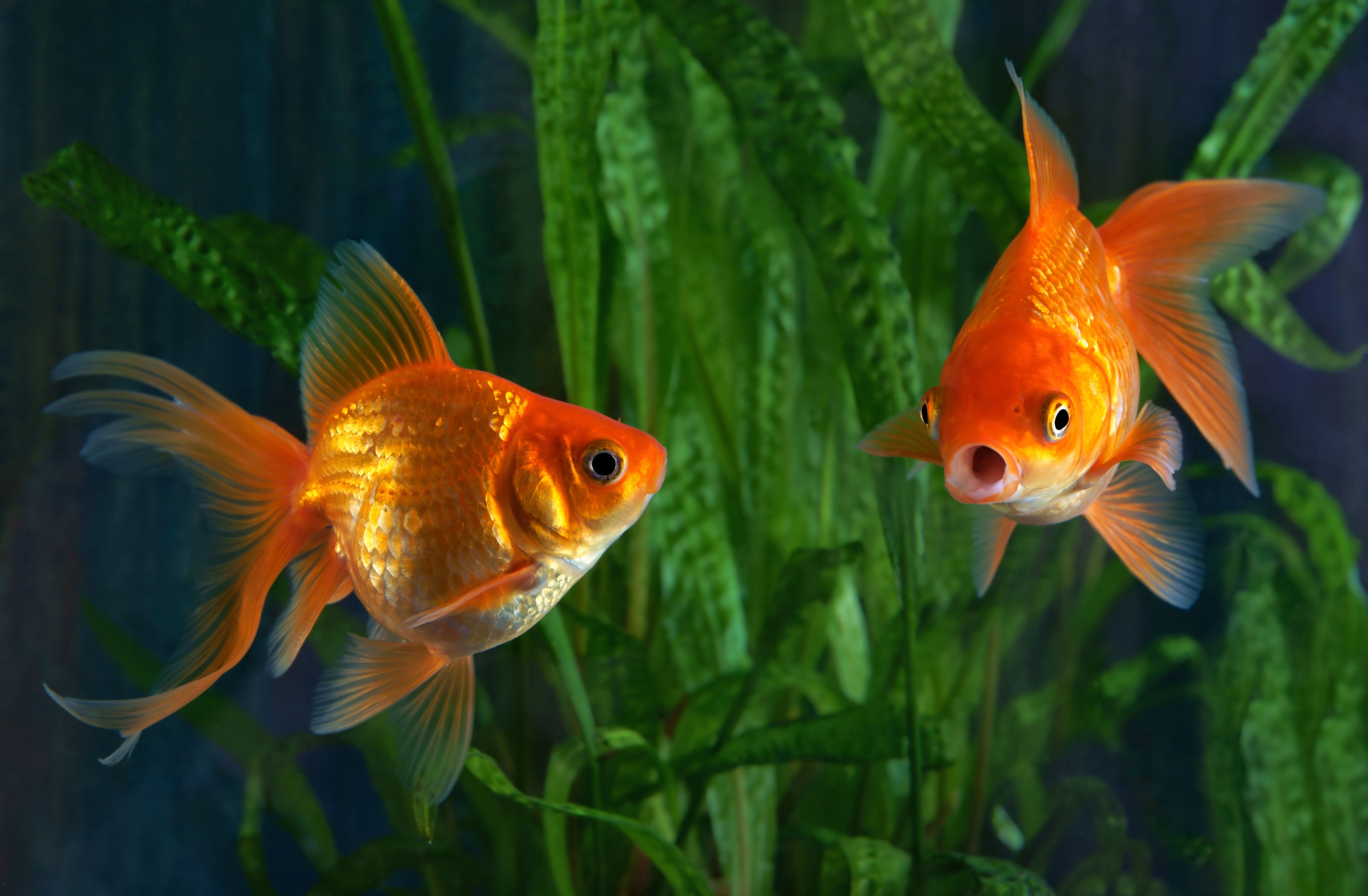
What we did this year
Research projects
To underpin our lobbying activities we are working with the Centre for Environment, Fisheries and Aquaculture Sciences (Cefas) and Waltham Petcare Science Institute (Mars) to undertake two research projects. One will examine how wild collected ornamental fish can be caught sustainably while the second will look at how the industry supports conservation and livelihoods in source countries. Two students will start their PhD studies in October at the University of Leeds School of Biology and at the University of Kent’s School of Anthropology and Conservation. Both include fieldwork with fisher communities. Both students will provide updates during their year of study so that we can share their progress. We are also exploring Masters’ projects to explore the societal benefits of aquarium keeping which will help to demonstrate the importance of fish keeping its value to society.
Examining the trade & conservation of marine fish
A major piece of work during this year has been crunching data on the trade in marine fish, to support our work in preparation for the workshop planned by CITES. We must thank a number of UK businesses which have provided confidential data to help us with this.
We are constructing a well-researched database of marine ornamental fishes in trade, cross-referenced against other established information resources on sustainability and conservation status to give us the best picture of the species in trade, their volumes and the threats they face.
This will be extremely important in providing good data to CITES about the real extent of any issues faced with marine fish in trade.
Wild caught fish
Along with positive lists as a way to curtail our access to a wide range of pets, it seems that targeting wild collected pets is also coming under increased focus.
In reality very few pet species are caught in the wild, except in the pet fish industry. So these calls disproportionately target our industry. The Scottish Animal Welfare Commission has come out against wild caught pets and the British Veterinary Association has taken the view that the import of wild collected fish should be phased out over time.
This worrying trend singling out wild collected fish has been, and will continue to be, a continuing focus of attention for us.

Telling our story
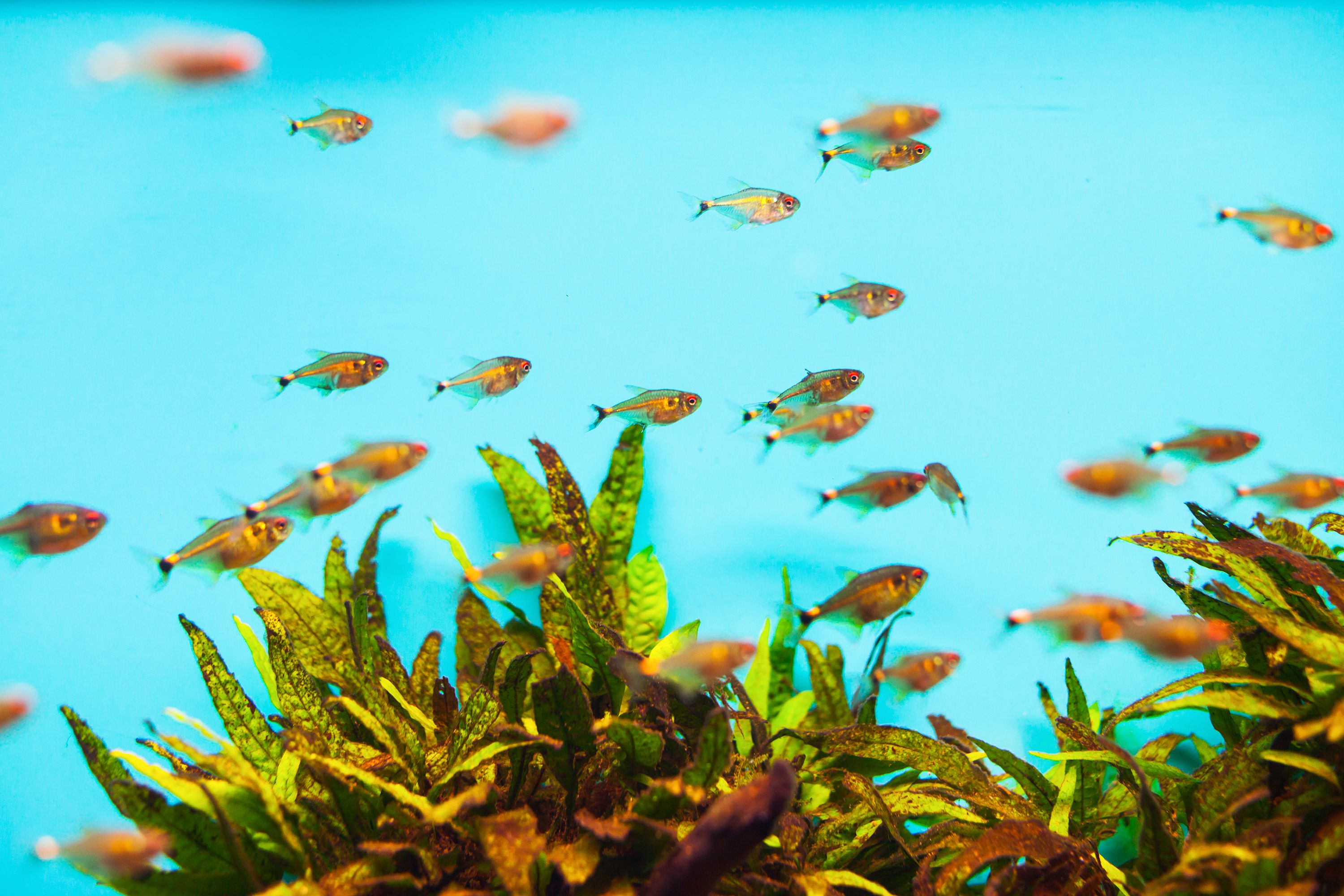
What we did this year
Standing up at CITES
OATA joined fellow global pet trade colleagues to represent the ornamental fish trade at the Convention on International Trade in Endangered Species of Wild Fauna and Flora (CITES) Conference of the Parties, which took place in Panama in November 2022.
OATA staff took to the floor to put the industry view on a number of items that would affect the global ornamental fish trade, including trade restrictions on Zebra pleco (Hypancistrus zebra) and freshwater stingrays (Potamotrygon) along with CITES’ plans to examine the trade and conservation of marine ornamental fish.
Throughout the year, OATA has been instrumental in working with global pet trade organisations on a number of issues to coordinate pet trade views to press for an open and transparent debate based on sound evidence.
Border plans
OATA submitted comments on the import of animals, plants and related products during the Government’s consultation on its Target Operating Model – the new approach to how goods can be imported into Great Britain.
We have always favoured the introduction of trusted trader schemes, where businesses can show they work to high standards and have fewer checks as a result. However, the Government is taking a blanket approach to the import of animals, labelling them all as ‘high’ risk, thereby excluding businesses from any possibility of trusted trader status.
We are making the point in follow-up meetings that this is excessive for live aquatic animals destined for the pet trade which should be in a lower risk category than currently proposed. We are actively campaigning for our sector to take part in a pilot project to demonstrate how this would work.
Animal Activities Licensing
As a member of the Companion Animal Sector Council (CASC) we played our part gathering the views of aquatic businesses which sell fish on their experiences of the first five years of the Animal Activities Licensing regime.
The mandatory inspection and licensing regime was introduced in England in 2018 and Defra announced a five year review. Our top recommendations are to remove all higher standards, get rid of the star rating system, have three year licences as standard and standardise fees.
We now await the verdict of Defra on our suggestions.
Energy crisis
Running aquariums in retail and wholesale premises means aquatic businesses are big energy users – many have seen their energy price overheads go up from around 10% to as much as 50%.
We put together a case, with the help of our members, to show the effect of the price hikes on businesses which didn’t have the ability to just turn down the heating. This was sent several times to a variety of Government departments, including a letter direct to the Prime Minister.
Despite making an indisputable case about the need for additional support Government refused to engage or consider the evidence presented to them.
Scottish exotic pet review published
At the end of 2022 the final report from the Scottish Animal Welfare Commission into its review of the trade and keeping of exotic pets in Scotland was published. In it, the advisory group to the Scottish Government recommended positive lists for exotic pets and, more worryingly, that wild caught animals should be banned.
We responded on behalf of the industry to highlight issues with the report and made representations to the Scottish Government animal welfare team.
We now await to see how the report will be used by the Scottish Government.
Water hyacinth success
Popular pond plant water hyacinth will return to GB ponds after significant campaigning by OATA.
We estimated the plant was worth £1million to the industry before it was banned across the EU. But a review from the GB Non-Native Species Secretariat in Defra has led to the plant being ‘de-listed’ as a species of ‘special concern’ in GB.
However, we now await an official change in the statute books, which might not come for some time, before the plant can actually be sold again.

Behind the scenes at OATA
OATA has a small team of five people
Dominic Whitmee
Chief Executive
Chief lobbyist and spokesperson
Dr Matthew Bond
Scientific & Technical Adviser
Responsible for ensuring OATA’s work is scientifically and technically robust
Matthew Hill
Scientific Support Officer
Responsible for undertaking research and data analytics to support our advice and lobbying.
Ray Valovec
Office Manager
Responsible for membership matters and keeps our Westbury office running smoothly
Pauline Davey
PR & Parliamentary Officer (part-time)
Gets our message out there through PR, publications, website & social media as well as supporting our Chief Executive with lobbying work.
The office team is supported by our volunteer Board of Directors who each brings their particular industry expertise to our work. We are always interested in having new people join us so if you are interested in a seat at the Board table then email or talk to our Office Manager Ray Valovec to find out more.
Directors (as at July 2023)
|
Laura Carlin |
Matthew Stevenson |
|
|---|---|---|
|
Robert Edgecock |
Caroline Everett |
Neil Hardy |
|
Simon Langdale |
Philip Lawton |
Ian Paton |
|
Rob Peck |
Brian Schaff |
Pete Smith |
|
Dr Donna Snellgrove |
Ben Windeatt |
Annual General Meeting
The AGM is on Wednesday 1 November 2023 and all OATA members will be invited to attend.
Contact our office
By phone on 07946 167121
By email on info@ornamentalfish.org
By writing to OATA, Wessex House, 40 Station Road, Westbury, Wiltshire, BA13 3JN
A company limited by guarantee and registered in England No. 2738119
Registered office: Wessex House, 40 Station Road, Westbury, Wiltshire, BA13 3JN
Have you joined OATA?
Fish are the most populous pet in the UK yet probably the least recognised. We know how great home aquariums and garden ponds are and we’re here to help our industry shout about the benefits of the ornamental aquatic trade and how we all support people who enjoy this fantastic hobby.
OATA was set up in 1991 and throughout that time we have represented the whole industry – from importers, manufacturers and wholesalers to retailers and pond and aquarium consultants.
Our aim is to:
• Enhance the reputation and promote confidence in the industry
• Set high standards for the industry to follow
• Provide good education, training and information
• Represent the views of our members to industry-relevant elected representatives and officials and work collaboratively with them
• Work with other trade bodies and relevant organisations to build a stronger voice for the pet industry
• Promote the benefits that pets like fish can bring to society both home and abroad
• Encourage responsible ownership and enjoyment among people who keep fish
We’re here to…
• Secure your future – our job is to promote and protect the industry to ensure you continue to have livestock and equipment to create and sell. We have a direct line to influence decision makers like UK Government Ministers and officials, and we seek to influence EU and global bodies through our membership of Ornamental Fish International (OFI), the European Pet Organization (EPO) and the International Pet Advisory Council (IPAC).
• Provide information, advice and guidance to your business throught our our Primary Authority Assured Advice which gives you confidence with local authorities, pur member-only guidance to help you on how to comply with the law and our annual trade statistics report which gives you valuable info to plan your business.
• Save you money – During the Covid-19 crisis we played a key role in keeping pet businesses open as essential services. And over the past 30 years OATA’s work has saved the industry more than £250 million by protecting species from sales bans, lobbying on fees and getting exemptions for areas of our industry.
Did you know?
• In 1994 OATA stopped a ban on coldwater fish imports
• In 1998 OATA halted a ban on owning sturgeon
• In 2013 OATA protected the sales of 3 top-selling aquatic plants after DEFRA banned five other invasive pond plants
• In 2014 OATA launched our #handsoffmyhobby campaign to raise awareness about anti-wildlife trade campaigns
• In 2016 OATA published its Wild Caught Fish: the trade, the benefits, the facts report to shine a light on the benefits of wild collected species.
• In 2016 OATA commissioned research from Cefas on cyanide use in the marine ornamental trade to help tackle this illegal practice
• In 2020 OATA played a central role at the start of the COVID-19 pandemic in securing essential status for pet businesses to enable them to stay open
• In 2021 OATA published its Fishing for Facts report to tackle misconceptions about the industry


JOIN OATA TODAY!
Join OATA today to help protect your business for the future! Find out more about becoming a member below.
Or give us a call on 07946 167121
